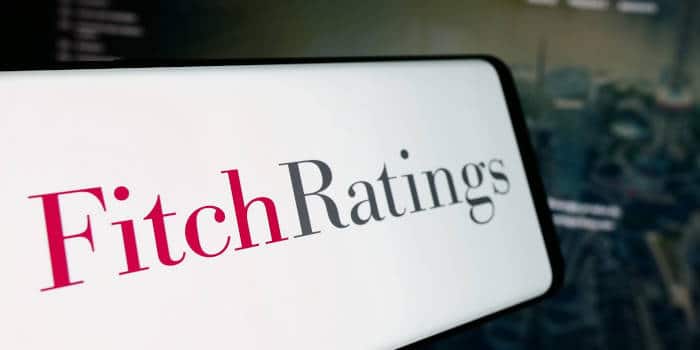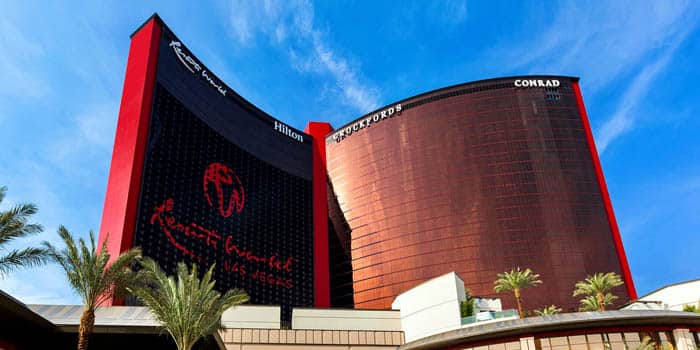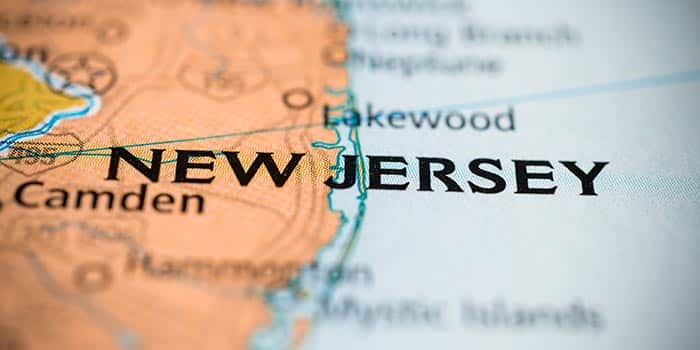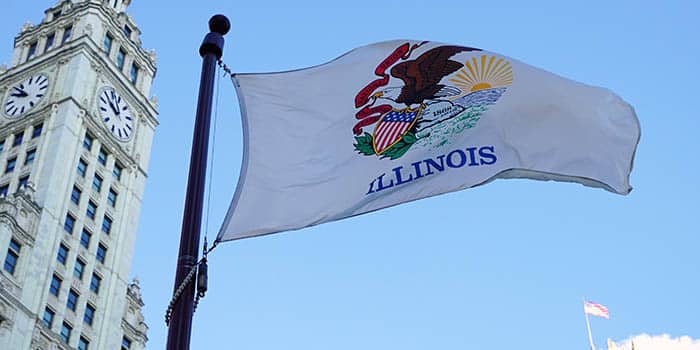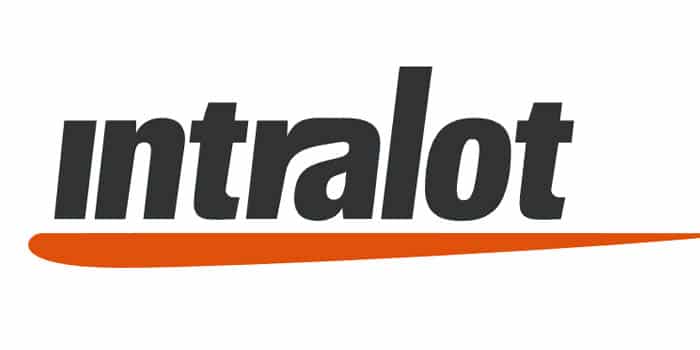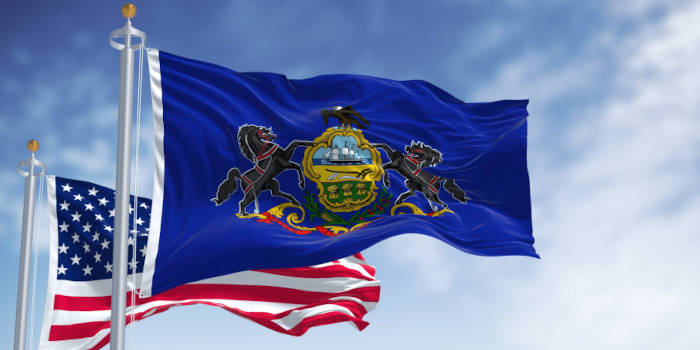- Casino
- By State
- Alabama
- Alaska
- Arizona
- Arkansas
- California
- Colorado
- Connecticut
- Delaware
- Georgia
- Florida
- Hawaii
- Idaho
- Illinois
- Indiana
- Iowa
- Kansas
- Kentucky
- Louisiana
- Maine
- Massachusetts
- Maryland
- Michigan
- Minnesota
- Mississippi
- Missouri
- Montana
- Nebraska
- Nevada
- New Hampshire
- New Jersey
- New Mexico
- New York
- North Carolina
- North Dakota
- Ohio
- Oklahoma
- Oregon
- Pennsylvania
- Rhode Island
- South Carolina
- South Dakota
- Tennessee
- Texas
- Utah
- Vermont
- Virginia
- Washington
- West Virginia
- Wisconsin
- Wyoming
- By State
- Slots
- Poker
- Sports
- Esports
Indiana Gaming Commission Released Positive iGaming Report
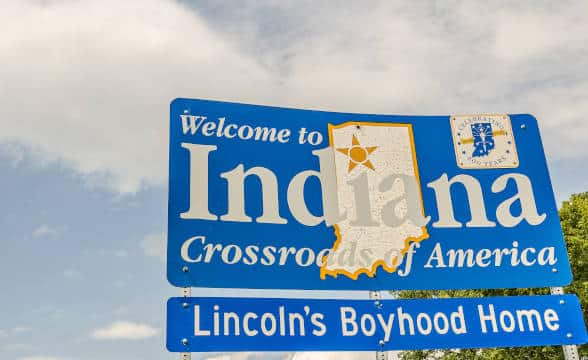
Indiana launched sports betting in September 2019, and three years later, talks of iGaming are bound to cause lively discussion. The Indiana Gaming Commission has a report on what the process of implementing online casino gaming in the state might look like. Multiple different scenarios were calculated, and the good news is that the report suggests introducing iGaming in the Hoosier State should be relatively straightforward, regardless of which model is chosen.
Introducing iGaming in Indiana
Indiana Gaming Commission (IGC) released a 103-page report, carried out by Spectrum Gaming Group. The study’s focus was on analyzing the possibilities for online casino gambling, or iGaming, in the state of Indiana. The document carries a July 25, 2022 release date, and is currently listed as a “hot topic” on IGC’s website. According to the study, introducing iGaming to the Indiana market should be a “relatively smooth process”, and sports betting being an already familiar form of digital betting to Hoosiers, it should help “facilitate a quick adoption”. This is potentially great news for the State’s coffers, considering that iGaming has picked up steam during the global pandemic and the ensuing infrastructure to support that growth is seeming just another step for the industry, not the destination.
The report focuses on several key points and steps of implementing iGaming in Indiana, namely taxing, licensing, participation and revenue predictions, and risk assessment and management. What’s also important to note, is that it looks at analyzing and comparing how other states have structured their iGaming regulation and taxation. David Rebuck, veteran Director of the New Jersey Division of Gaming Enforcement was cited in the document, commenting how tax rates on iGaming would be “higher than the retail casino rate”, but it was outlined that taxes shouldn’t be too high. The authors of the report go on to say that if the tax rate is too high, then operators would start looking to move businesses or customers “to a lower-tax state”. This type of tax bleeding is not uncommon in online industries, and iGaming is no exception, it would seem.
Revenue, Tax Receipt Projections
Weighing iGaming revenue figures versus tax rates, and looking for any indications of dependencies between the two, the report suggests that the tax rate is not “necessarily determinative of an operator’s success”, however it does determine how lucrative the industry can be for the state. Other factors were also mentioned as impactful, discussing the distribution of casinos, competition levels, marketing, and more, outlining how complex the process of determining tax levels actually is.
What’s also important, is that while legalizing iGaming can benefit the state by increasing the overall tax revenue, at the same time it might negatively impact the business of existing classic brick-and-mortar casinos. This will be greatly dependent on the model of iGaming that the State will end up implementing, with the open model allowing all gaming operators to apply for a license, the closed model limiting that to licensing only state casinos for online gaming, and the recently-popularized hybrid one, which would see outside operators having to go through the process of obtaining a licensing agreement with Indiana casinos. Indiana utilized the hybrid model in its sports betting implementation.
The report suggests that considering the six iGaming states, as they’re referred to in the document, “Spectrum does not expect iGaming to negatively impact Indiana casino revenues,” and makes multiple projections for possible iGaming revenue and tax receipts. Spectrum calculated possible revenue figures using three methods, and looked at three tax rate scenarios, calculating 20%, 30%, and 45% tax levels. The results are broken down year-by-year for the first three years, and the 3-year total average between the three methods sits at $1.96 billion in iGaming revenue. This would translate to tax revenue clocking in at $392.4 million, $588.6 million, or $882.9 million, depending on whether the tax rate would be at 20%, 30%, or 45% respectively. For reference, sports betting in Indiana launched in September 2019, meaning it’s been a month over three years since then, and figures for the total tax revenue from that industry since launch sits around $60 million.
Kyamil is a big tech fan, who loves hummus on everything and has enjoyed writing from a young age. From essays, through personal art, to news pieces and more serious tech analysis. In recent years he’s found fintech and gambling collide with all his interests, so he truly shares our core passion for the entire gambling scene and furthering the education of the mass citizen on these topics.
Must Read
Casino
June 30, 2025
Man Admits to Laundering Cocaine Money Through Casinos
More Articles



Business
July 2, 2025
Rootz Rebrands to Wildz Group, Targets Growth
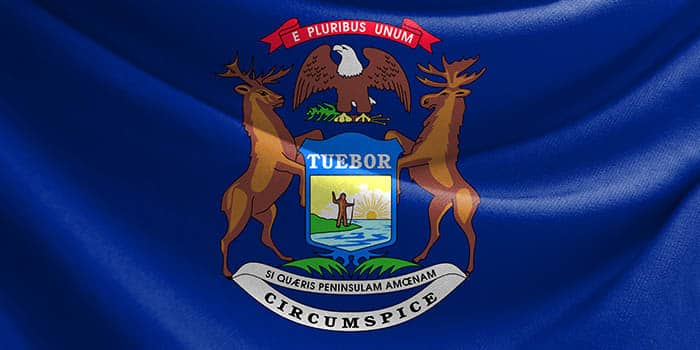
Lottery
July 2, 2025
Someone Won $865,147 at Michigan Diner




